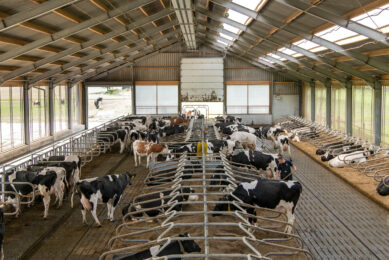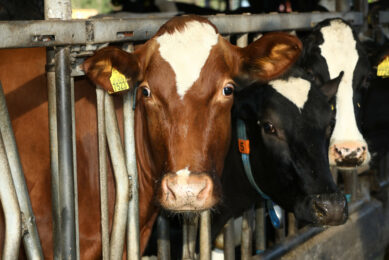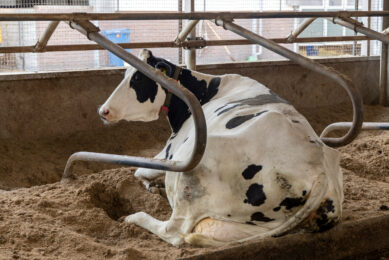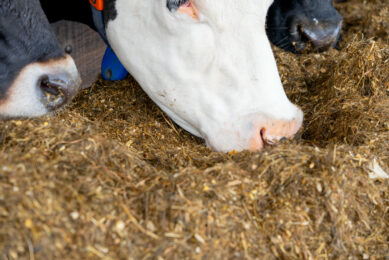Hundreds of cattle being culled after months at sea
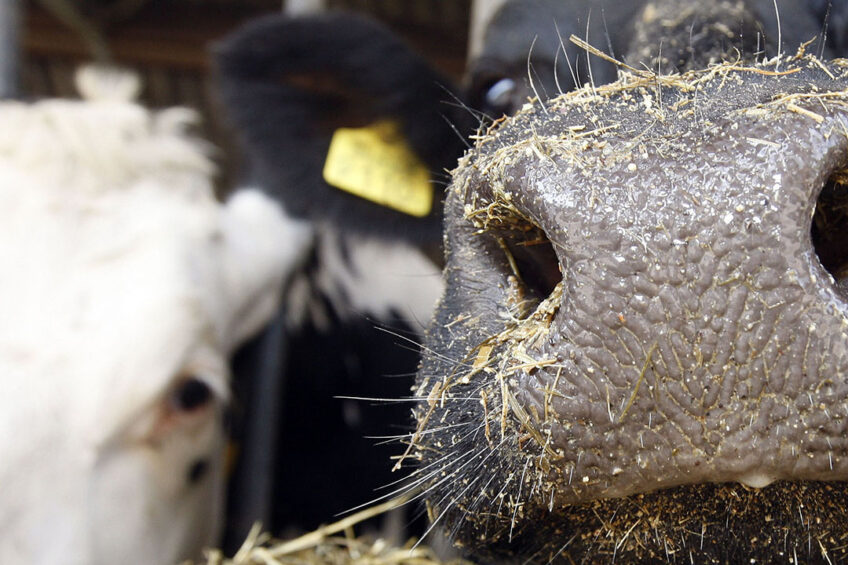
After months at sea 864 cattle are being culled. The animals on board the Karim Allah, which set sail from Spain in December, were refused entry by various countries including Turkey and Libya as a result of disease fears.
On 18 December the cattle set sail from the Spanish port of Cartagena however, the ship had to turn around after both countries Turkey and Libya rejected it, as a result of the animals’ state of health and disease fears.
After more than two months at sea, on 25 February, the returned ship docked at Cartagena’s port with the cattle onboard. Some cattle had died during the weeks at sea.

The remaining 864 cattle are set to be culled “in strict compliance with Spanish and European norms regulating the health and well-being of animals,” Spain’s Agriculture Ministry said. Following inspections, the animals were found to be unfit to be exported to another country and cannot be returned to Spain.
Cow Health – special focus When a cow is struggling with health issues it can lead to a decreased milk yield and lower feed intake. Keeping diseases at bay should therefore be of the highest priority! For articles on this topic
When a cow is struggling with health issues it can lead to a decreased milk yield and lower feed intake. Keeping diseases at bay should therefore be of the highest priority! For articles on this topic
Despite Bluetongue disease fears, there has been no confirmation that the animals were indeed positive for the disease.
Bluetongue disease
According to EFSA, bluetongue is a vector-borne viral disease of domestic and wild ruminants such as sheep, goats, cattle and deer. It is transmitted through the bites of certain species of Culicoides midges. Some species of the midges that transmit the disease are active throughout the year – especially in mild-winter areas such as the Mediterranean basin. In these areas, transmission of the virus may occur at any time. In colder areas, such as in northern Europe, midges are inactive for about three winter months, during which transmission is halted.
Symptoms include: fever, haemorrhages of the oral and nasal tissue, excessive salivation, and nasal discharge and lameness.
Bluetongue virus is a notifiable disease in many countries.
Join 13,000+ subscribers
Subscribe to our newsletter to stay updated about all the need-to-know content in the dairy sector, two times a week.



